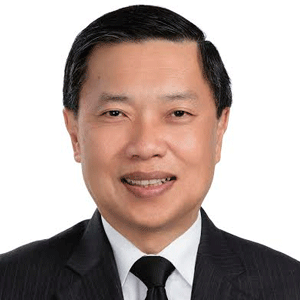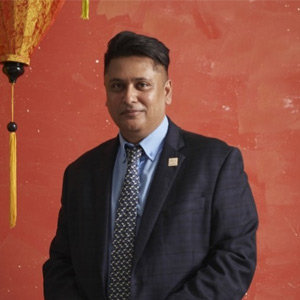THANK YOU FOR SUBSCRIBING
Editor's Pick (1 - 4 of 8)

Taming the flow monster in real-time payments
Bhupendra Warathe, Chief Information Officer (Corporate and Institutional Banking, Information Technology and Operations)


Bhupendra Warathe, Chief Information Officer (Corporate and Institutional Banking, Information Technology and Operations)
Digitisation is driving the growth and future of real-time payments











